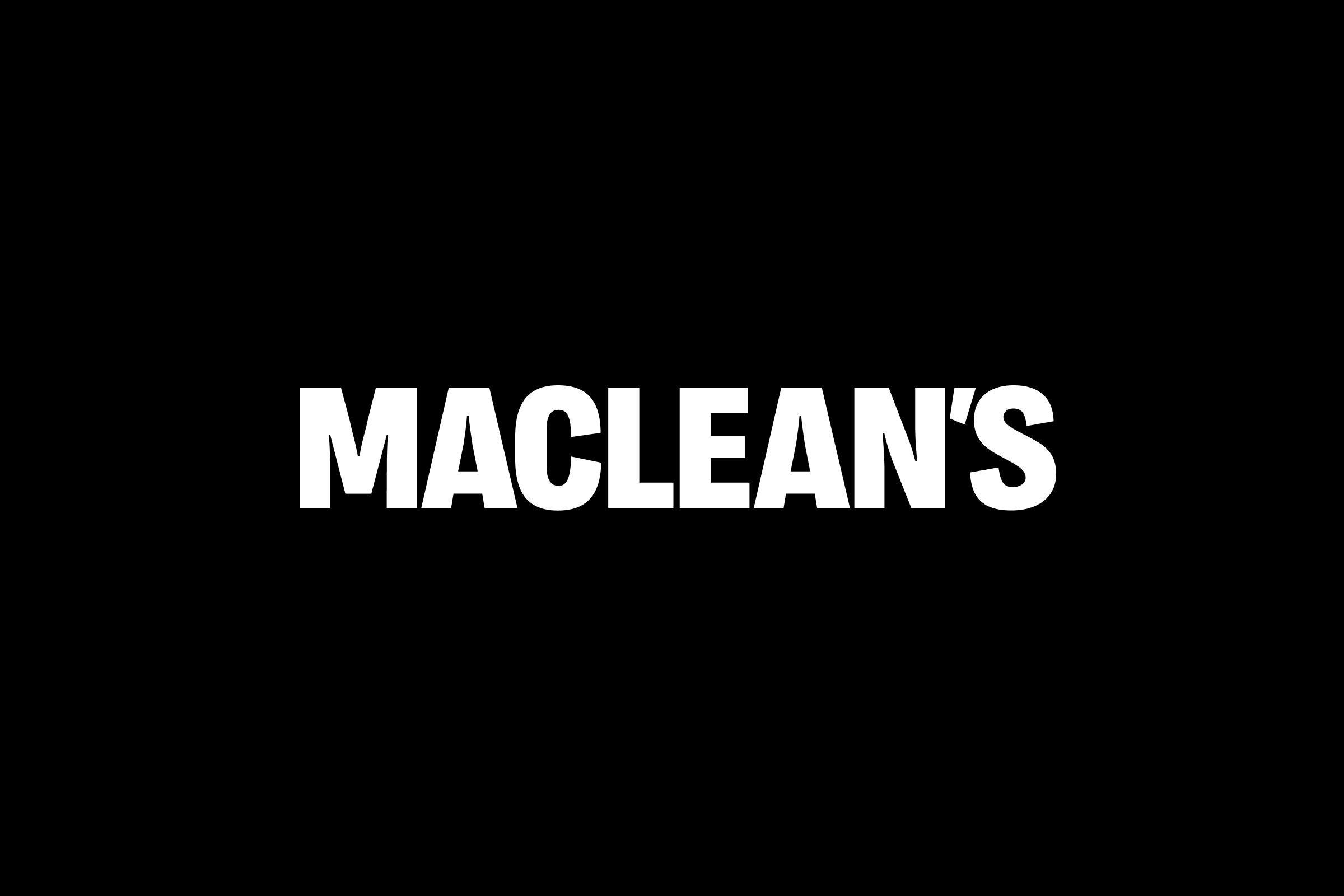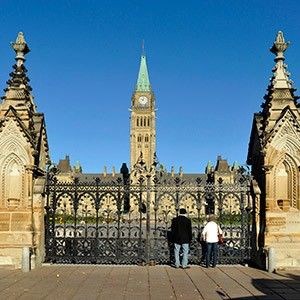constitutional crisis
That UK election, in full: a guide for the perplexed
ANDREW COYNE’s quick guide to the leaders, the bargaining positions, and the stakes
Notes on a crisis: The End
It’s over: the day, the decision, the crisis, the coalition, and Stephane Dion’s leadership. After the abortive putsch — constitutional as it may have been — the field is strewn with bodies, and the bloodletting has just begun.
The Governor-General’s options
It’s not pretty, but this is what she has to work with
Andrew Coyne: They’re already measuring drapes
Getting a little ahead of ourselves, aren’t we?
At last some good news!
Turmoil in Ottawa hampers auto rescue, McGuinty says
Notes on a crisis: the coalition is not illegitimate, just ill-advised
To be clear: there is nothing unconstitutional or illegitimate in the notion of a coalition government, per se. Nor would the Governor General be committing any sin against democracy were she to disregard the prime minister’s advice, following his defeat in a confidence vote, and call upon the coalition to form a government, rather than dissolve Parliament and call new elections. Constitutional scholars are virtually unanimous that she has that option, and only slightly less so that she should in fact exercise it.
Notes on a crisis: Who will save the Liberals from themselves?
So, just to review the bidding: If the coalition has its way, we would be governed by a party that won 26% of the vote barely six weeks ago, that has just a quarter of the seats in the Commons, that is a minority within its own coalition. It would be led by a man who, however massively he may have been rejected by the public at large, has even less support within his own party; who was in the process of being given the bum’s rush, but who will now pause, on his way out the door, to govern the country — for six months. The cabinet he convenes will be absent two of its most prominent members, either de jure or de facto, as they tour the country campaigning to succeed him.
Notes on a crisis: how it came to this
– The opposition parties did not have to bring down the government over the fall economic statement., whatever “provocations” it contained. They chose to. They had other options (aside from simply agreeing to rely more on voluntary donations, and less on the taxpayer). They could have proposed amendments. They could have stalled, filibustered, tied up parliamentary business. They could have demanded the resignation of the Finance minister. Instead, they went straight to the nuclear option.
The GG can say no (redux)
Roger Gibbins offers a way for the Governor General to get us all out of this mess: Just Say No. Don’t call an election. Don’t hand power to an unstable and potentially destructive coalition. Simply refuse the Prime Minister’s resignation, and send him back to Parliament, with instructions to find a consensus on his economic plan. Discuss.

